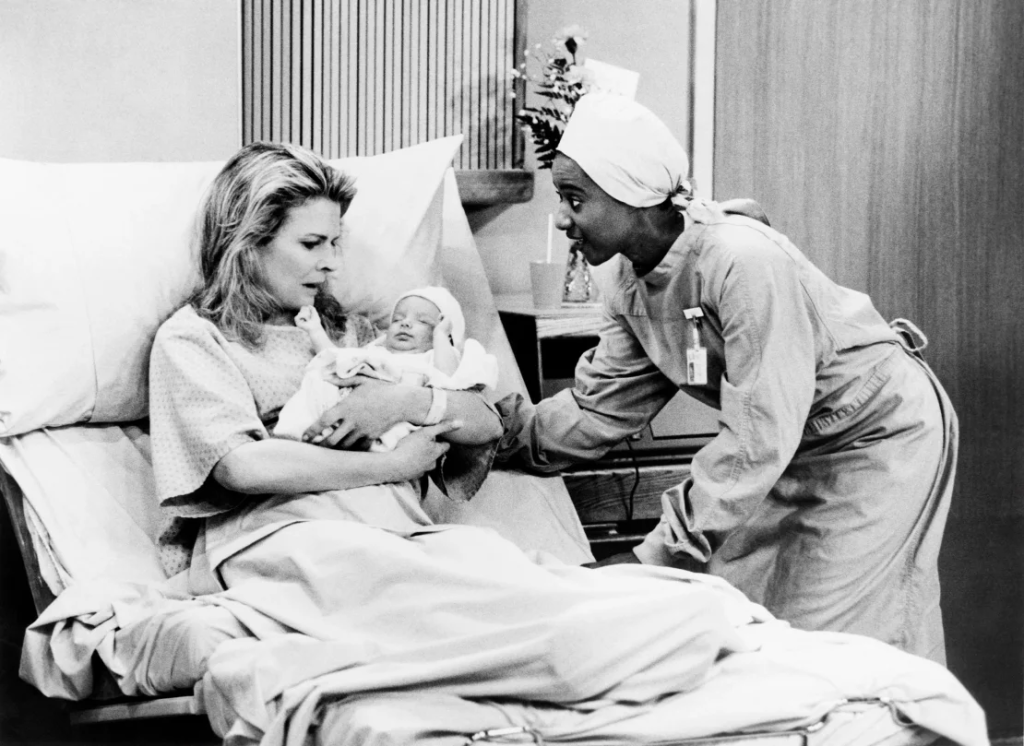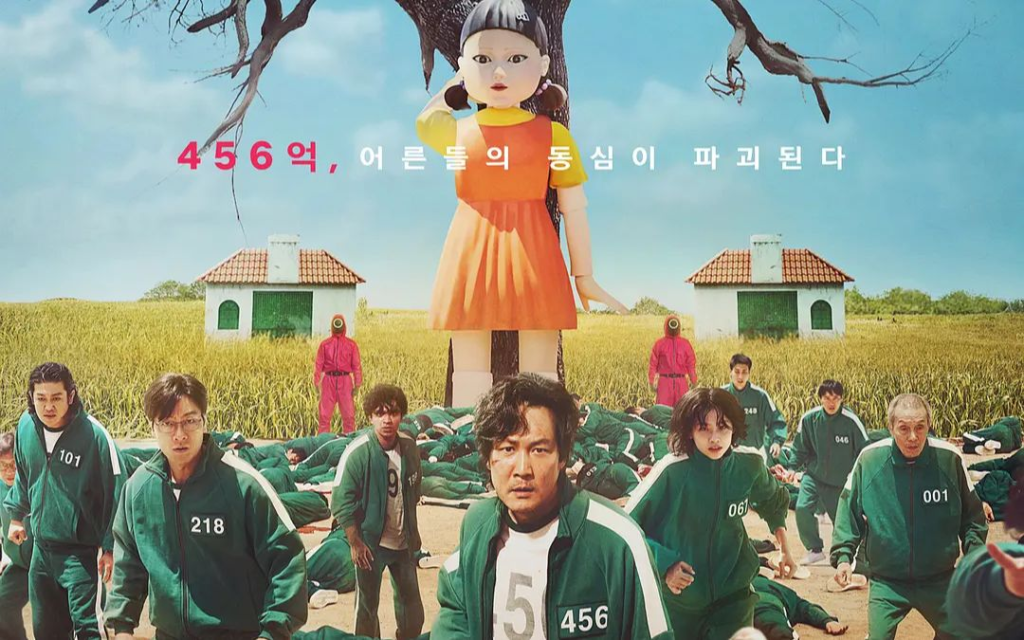The controversy over GOP vice presidential nominee JD Vance’s “childless cat ladies” comment was reignited by Arkansas Governor Sarah Huckabee Sanders during a campaign event for Donald Trump in Flint, Michigan. She remarked, “My kids keep me humble. Unfortunately, Kamala Harris doesn’t have anything keeping her humble.”
This statement, much like Vance’s, upset many women who felt it unfairly criticized Vice President Harris for not having biological children, overlooking her two stepchildren. Even some conservative voices expressed their disappointment, with one Trump campaign adviser stating he was offended by the remarks.
It’s still unclear how these comments will affect Trump’s presidential campaign, but they may further alienate women—a group he has struggled to connect with. Polls show that Democrats have a clear advantage among women, especially younger and unmarried voters.
The uproar surrounding comments about “childless cat ladies” and Sanders’ remarks mirrors a political controversy from 1992 when then-President George H.W. Bush’s Vice President Dan Quayle criticized the fictional character Murphy Brown for choosing to raise a child as a single mother. Quayle claimed that “bearing babies irresponsibly is simply wrong” and lamented that Murphy, a successful professional woman, set a poor example by choosing single motherhood.

The backlash was immediate, sparking a national conversation about family values. The show’s writers even addressed Quayle’s remarks directly, demonstrating how the character’s choices resonated with many women who were redefining their roles in society.
“Murphy Brown” debuted in 1988, portraying a strong, ambitious woman who juggled her career and personal life. When the character became pregnant and decided to raise her child alone, it resonated with viewers, drawing an audience of 33.7 million for the finale.
Quayle’s critique, which was just a small part of a much larger speech focused on the Los Angeles riots, drew attention away from critical discussions on racial inequality and police violence. Instead, it turned into a heated debate on “family values,” with many women interpreting it as a direct attack on their choices regarding work and motherhood.

As a result, when the show returned for its fifth season, it addressed the controversy head-on. Murphy invited nontraditional families onto her broadcast, showcasing diverse family structures and affirming their validity.
Fast forward to today, societal norms have continued to evolve. There’s no longer a single dominant family model, with more women choosing to have children outside of marriage or opting not to have kids at all. Yet, the culture wars ignited by Quayle’s comments persist, reflected in ongoing debates about abortion rights and reproductive choices.
Recently, Candice Bergen, who played Murphy, highlighted the similarities between the past and present during the Emmy Awards, suggesting that political figures should be cautious when criticizing women’s reproductive decisions. As she put it, “Watch out when you piss off women.”
Time will tell whether these latest Republican criticisms of Harris will have a significant impact in the upcoming election, but history shows that such remarks can backfire.









